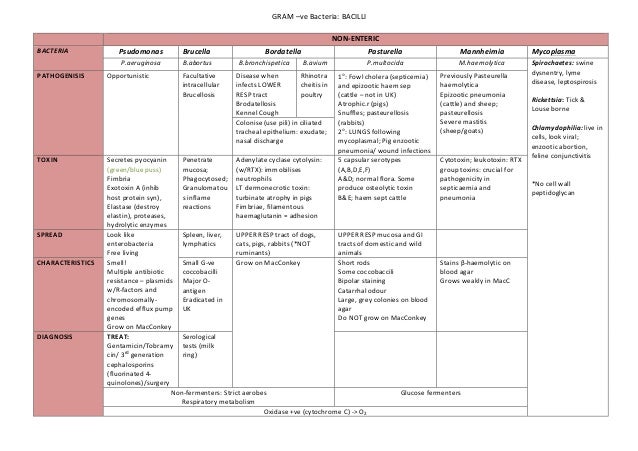
Patients were excluded if they met the following criteria: (1) Hospitalization less than 24 hours. All patients were followed until hospital discharge. And (4) Available active oral antibiotics options based on susceptibilities. (3) Intact and functioning gastrointestinal tract, defined as the absence of the following conditions: malabsorption syndrome, short bowel syndrome, severe gastroparesis, ileus, vomiting, and continuous nasogastric suction. The patient inclusion criteria were as follows: (1) ≥18 years of age with GN-BSI who received inpatient care within the general medical wards from August 1, 2015, to July 31, 2020. This study aimed to evaluate treatment success in patients with GN-BSI treated with either IV therapy or IV to oral transition and identify predictors of treatment failure in those undergoing IV to oral transition.Ī retrospective cohort study was conducted at King Chulalongkorn Memorial Hospital, a 1,479-bed tertiary referral and teaching hospital in Bangkok, Thailand.

However, there are only limited data evaluating the clinical outcomes and factors associated with treatment failure for IV to oral transitions in GN-BSI, especially in Thai patients. The advantages of oral antibiotics include decreasing the risk of line complications, treatment cost, and length of hospital stay (LOS). IV to oral transition is one ASP strategy. Antibiotic stewardship programs (ASP) can help mitigate the threat of resistant Gram negatives through systematically optimizing the use of antibiotics and have been associated with improving patient outcomes, reducing antibiotic resistance, and decreasing healthcare costs. Data from National Antimicrobial Resistant Surveillance Center, Thailand (NARST) showed an increasing number of patients with carbapenem-resistant Enterobacterales, especially Klebsiella pneumoniae, during the past ten years in Thailand. Third-generation cephalosporin-resistant Enterobacterales are the main problem in southeast Asia, with an increasing trend for carbapenem-resistant Enterobacterales. Prolonged hospitalization is associated with hospital-onset GN-BSIs and resistant pathogens. Multidrug-resistant Gram-negatives are a major public health threat around the world, especially in patients with severe infections such as BSIs. Although historically GN-BSIs have been treated primarily with intravenous (IV) antibiotics, limited recent data suggest a transition from IV to oral antibiotics may be effective. Malignancy, liver cirrhosis, non-urinary tract infection, and higher Pitt bacteremia scores have been associated with higher mortality in patients with BSI.


The incidence of Gram-negative bloodstream infection (GN-BSI) is increasing globally, and remains a public health concern with an associated mortality of 12–25%. Data requests can be sent to MED CHULA IRB: The author(s) received no specific funding for this work.Ĭompeting interests: The authors have declared that no competing interests exist.īloodstream infections (BSI) are a significant cause of morbidity and mortality in hospitalized patients. This restriction is imposed by the Med Chula Institutional Review Board. This is an open access article distributed under the terms of the Creative Commons Attribution License, which permits unrestricted use, distribution, and reproduction in any medium, provided the original author and source are credited.ĭata Availability: The datasets that were used and analyzed during this study are not publicly available due to confidentiality reasons. Received: DecemAccepted: AugPublished: September 22, 2022Ĭopyright: © 2022 Pradubkham et al. PLoS ONE 17(9):Įditor: Surbhi Leekha, University of Maryland School of Medicine, UNITED STATES Citation: Pradubkham T, Suwanpimolkul G, Gross AE, Nakaranurack C (2022) Intravenous to oral transition of antibiotics for gram-negative bloodstream infection at a University hospital in Thailand: Clinical outcomes and predictors of treatment failure.


 0 kommentar(er)
0 kommentar(er)
